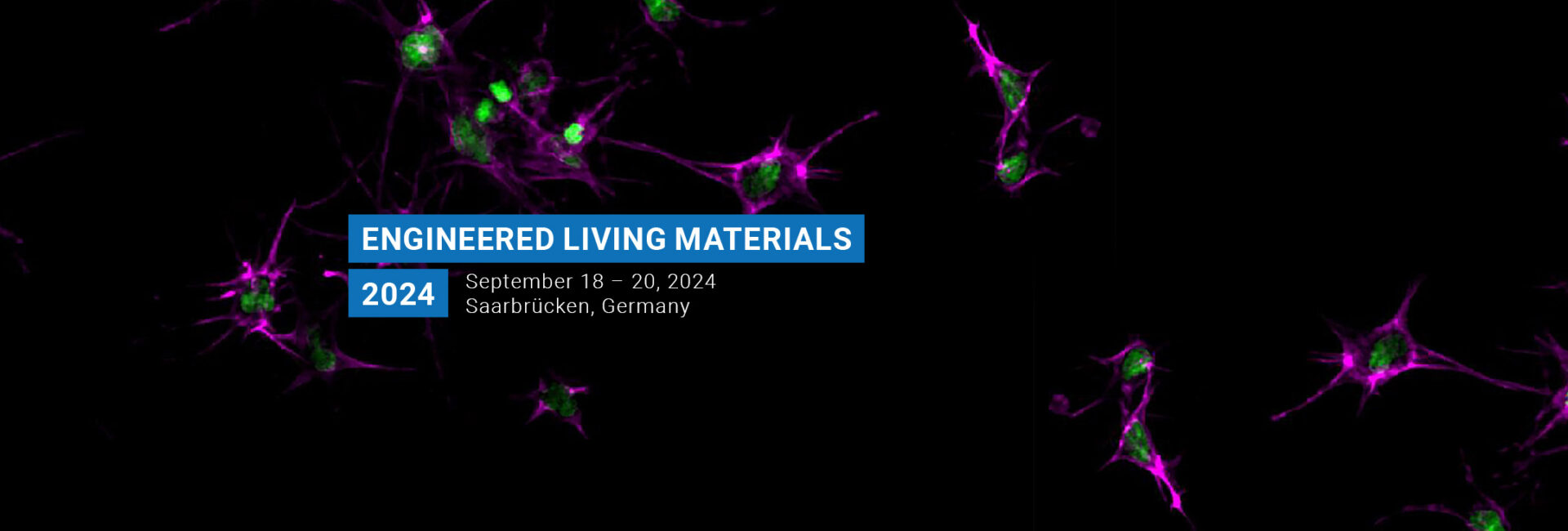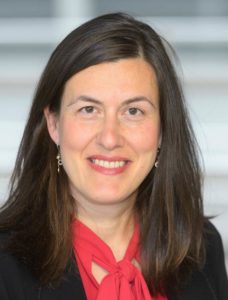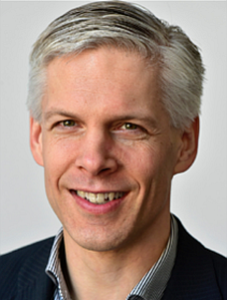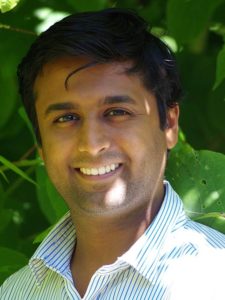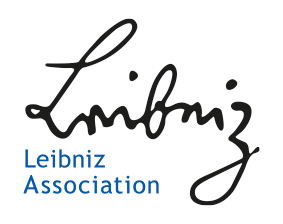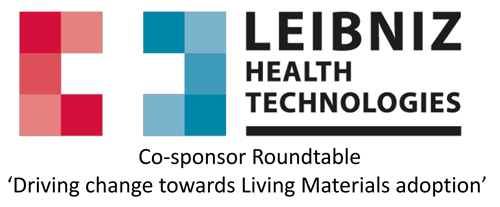Engineered Living Materials 2024
Scope
Natural living materials grow following information stored in their genetic code. They also undergo continuous and autonomous re-modeling in response to external factors and adapt their performance to new solicitations. Such properties are desirable in many technical materials, but they are difficult to realize with non-living matter. The Fourth International Conference on Engineered Living Materials (ELMs) will gather the communities of material science, synthetic biology, biotechnology, and biophysics interested in programming and creating materials with life-like capabilities.
Engineered Living Materials open new avenues for resource-efficient fabrication of high-performance materials, and envision materials with unprecedented property combinations like integrated multifunctionality, adaptability, resilience, or evolvability. But how can materials be designed to allow sustained cellular survival and function? How can synthetic biology tools be interfaced with materials? How can processing technologies be made compatible with living cells? Which parameters and methods are required to characterize the dynamic behavior of ELMs? What are the requirements for the standardized scale-up of ELM production? What are the potential risks and mitigation strategies for the responsible application of ELMs in the future? New answers to these fundamental questions and many examples of new and functional ELMs are expected.
The program will also contain representatives from industry, regulatory agencies, and funding bodies to discuss the technical and environmental benefits and expected challenges of a functional marriage of non-living matter and living organisms.
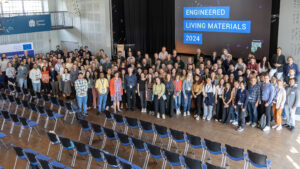
Please visit the website of the Living Materials Conferences 2020, 2022 and 2021 and see the topics covered in previous conferences.
Organizing Committee
Scientific Committee
Peter Fratzl
Max Planck Institute of Colloids and Interfaces, Potsdam
Christine Selhuber-Unkel
Heidelberg University
Cordt Zollfrank
Technische Universität München, Straubing
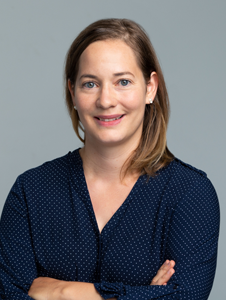 Conference Office:
Conference Office:
Hannah Jahn-Kelleter
INM – Leibniz Institute for New Materials
Campus D2 2
66123 Saarbrücken
Germany
Phone: +49 (0)681-9300-384
Fax: +49 (0)681-9300-223
Email: [email protected]
News
All news- Elena Bondareva, Vivit Group Worldwide, San Fransisco, US
- Caroline Ajo-Franklin, Rice University, Houston, US
- Joshua Atkinson, Princeton University, US
- Nico Bruns, Technical University of Darmstadt, DE
- Shengqiang Cai, University of California San Diego, US
- Knut Drescher, Basel University, CH
- Robin Gerlach, State University, Montana, US
- Luca Giomi, Leiden University, NL
- Christopher Hernandez, University of California San Francisco, US
- Chelsea Heveran, State University, Montana, US
- Neal S. Joshi, Northeastern University, Boston, US
- Sara Molinari, University of Maryland, US
- Raúl Muñoz, University of Valladolid, ES
- Lorenzo Pasotti, University of Pavia, IT
- Manuel Salmerón-Sánchez, University of Glasgow, GB
- Avi Schroeder, Technion, IL
- Seunghyun Sim, University of California Irvine, US
- Cheemeng Tan, University of California Davis, US
- Taylor Ware, Texas A&M, US
- Ziyi Yu, Nanjing Tech University, CN
- Jenny Zhang, University of Cambridge, GB
- Zhuojun Dai, Shenzhen Institute of Advanced Technology (SIAT), CN
Roundtable
- Elena Bondareva, Founder Vivit Group Worldwide, San Fransisco, US
- Michael Firgens, Founder MF Biotech; Berlin, DE
- Melanie Fessel, Principal of TerreformX Europe and Professor at the RheinMain University of Applied Sciences, Wiesbaden, DE
- Johann Bauerfeind, Burg-Halle BioLab & Co-Founder Solaga, Berlin, DE
- Caroline Kurtz, CDO Synlogic Therapeutics, Cambridge, US
- Scott Walper, Science Director, US Office of Naval Research Global, London, GB
- Martyn Dade-Robertson, Professor for Architecture and Built Environment, Northumbria University, Newcastle upon Tyne, GB
- Marc Blanch Asensio, INM – Leibniz Institute for New Materials, Saarbrücken, DE
- Debika Datta, University of California San Diego, US
- Anton Igorevich Kan, ETH Zurich, CH
- Julie Laurent, ETH Zurich, CH
- Irina Spacova, University of Antwerp, BE
- Varun Sai Tadimarri, INM – Leibniz Institute for New Materials, Saarbrücken, DE
- Lara Luana Teruel Enrico, INM – Leibniz Institute for New Materials, Saarbrücken, DE
- Isabelle Wielert, University of Cologne, DE



